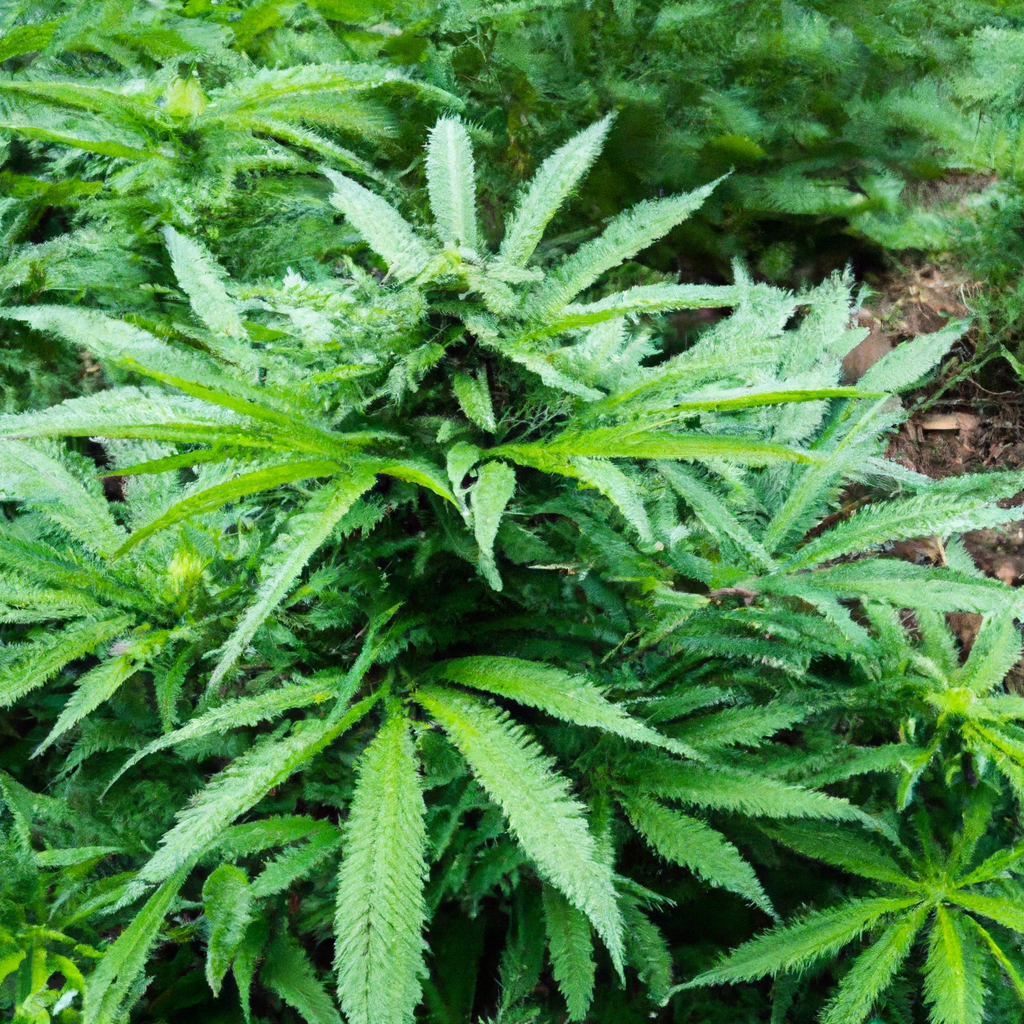Your cart is currently empty!
As the demand for organic cannabis continues to grow, cultivators are increasingly looking towards sustainable and eco-friendly practices. From natural fertilizers to effective pest management strategies, there are numerous ways to nurture cannabis plants without relying on synthetic chemicals. In this guide, we explore the best practices for organic cannabis cultivation, ensuring healthy yields while preserving the environment.
Natural Fertilizers: Healthier Growth for Cannabis Plants
Natural fertilizers are a cornerstone of organic cannabis cultivation. They build soil fertility and provide essential nutrients without introducing synthetic additives. Some excellent choices include:
- Compost: Rich in nutrients, compost improves soil structure and fertility. Creating a compost pile or bin can be a sustainable way to process organic waste from both the garden and kitchen.
- Worm Castings: A nutrient-dense option, worm castings boost plant health by improving soil aeration and water retention.
- Bone Meal and Blood Meal: These amendments provide a natural source of nitrogen and phosphorus, essential for robust plant growth.
Building Healthy Soil Ecosystems
Building a sustainable ecosystem starts with the soil. Healthy soil is the heart of any successful organic cultivation operation. Here are some tips to enhance soil health:
- Use Cover Crops: Planting cover crops like clover or alfalfa can prevent soil erosion, suppress weeds, and enhance soil fertility through nitrogen fixation.
- Implement Crop Rotation: Rotating cannabis with other crops prevents soil depletion, reduces pests, and maintains soil structure.
- Encourage Beneficial Microbes: Microbial inoculants can be used to introduce or enhance beneficial bacteria and fungi, improving nutrient uptake and plant health.
Eco-Friendly Pest Management
Managing pests without synthetic pesticides is crucial for organic growers. Use integrated pest management (IPM) strategies to maintain a healthy and balanced ecosystem:
- Companion Planting: Plants like marigolds and basil can ward off pests naturally and promote beneficial insect populations.
- Beneficial Insects: Ladybugs and predatory mites are excellent biological control agents that feed on common cannabis pests.
- Neem Oil: And effective organic pest deterrent, neem oil interferes with pest development processes without harming plants or beneficial insects.
The Benefits of Organic Cannabis
Growing cannabis organically entails numerous benefits for both the environment and consumers:
- Environmental Stewardship: Organic cultivation reduces chemical runoff, contributes to biodiversity, and promotes healthy ecosystems.
- Consumer Safety and Quality: Consumers prioritize organically grown cannabis as it is free from synthetic residues, resulting in a purer product.
- Sustainable Practices: By embracing natural solutions, organic growers actively contribute to more sustainable agricultural practices, ensuring long-term soil health.
Conclusion
Organic cannabis cultivation is not only beneficial for the environment but also yields healthier plants and safer products. By utilizing natural fertilizers, building rich soil ecosystems, and managing pests organically, cultivators can create sustainable operations that meet the growing demand for organic cannabis.
As more consumers seek out eco-friendly options, adopting these practices proves to be both an environmentally conscious and economically rewarding decision.
Discover more from Magic Clones
Subscribe to get the latest posts sent to your email.


Leave a Reply